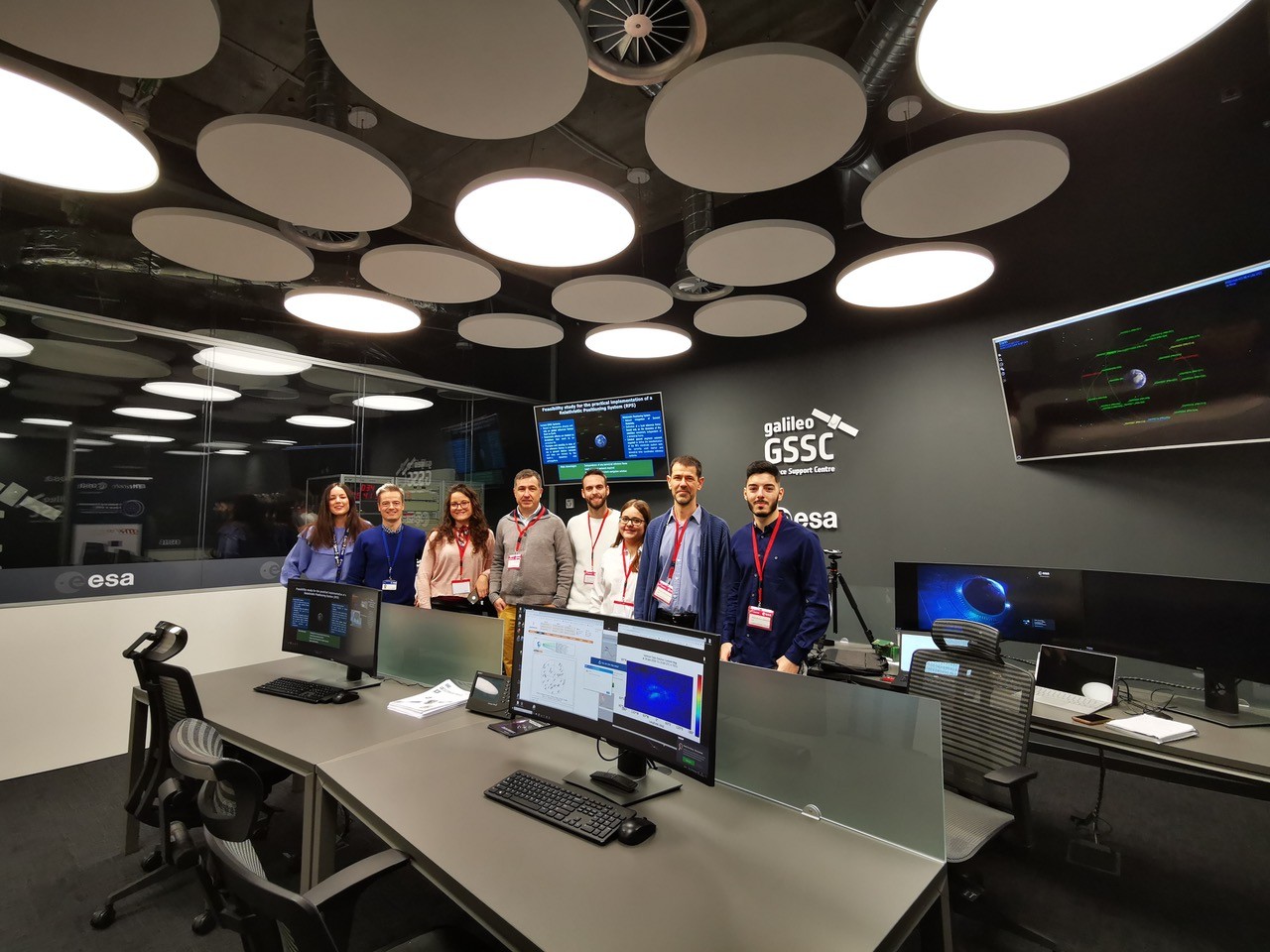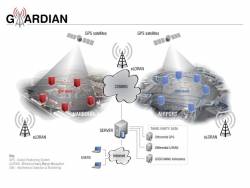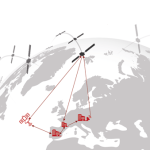The European Space Agency (ESA) has recently launched an internal initiative to cull ideas for supporting its member states in the study and analysis of the COVID-19 pandemic. Under this initiative ESAC’s Galileo Navigation Science Office has managed to get one of its ideas taken up under the name of the “COVID-19 Space Hunting Platform”.
The platform’s remit is to facilitate access to and processing of some of the existing COVID-19 databases for epidemiological studies, topping them up with data from ESA’s earth observation satellites. The aim is then to tap into artificial intelligence procedures to look for any correlations between COVID-19 spread and environmental parameters, such as humidity, temperature, etc.
The hope is thereby to help researchers generate products and stats that might be useful for decision-making purposes in terms of protection measures and lockdown, while also vetting the efficiency of the measures taken.
Development of the COVID-19 Space Hunting Platform is to be primed by the technology multinational GMV. The Universidad Politécnica de Valencia will also be weighing in with support for processing, data analysis and interaction with diverse epidemiological research groups. This university has defined a mathematical COVID-19 transmission model and has been publishing periodical updates and forecasts of its trend in Spain.
In the medium term the COVID-19 Space Hunting Platform could help in setting up a collaborative COVID-19 website for scientists to analyze existing data more efficiently, benefitting too from ESA’s data-processing software packages.
The project will be carried out around the GNSS Science Support Centre (GSSC) platform, which hosts and indexes COVID-19 data. The three-month process will analyze public COVID-19 data and make this information available to the science community. This will lead to a first version with basic pandemic-propagation algorithms, to be updated thereafter to ensure the information is always precise.






